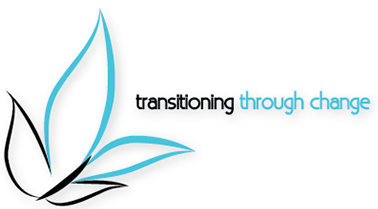What is cognitive behavioral therapy?

What is cognitive behavioral therapy?
There are many different types of therapies that can help manage symptoms of behavioral and mood disorders. One such therapy is cognitive behavioral therapy.
This type of psychotherapy utilizes both behavioral therapy and cognitive therapy techniques to identify dysfunctional patterns of behavior, thought processes, or emotional reactions. Once these patterns are identified, patients can learn more positive patterns, methods, or reactions of behavior, thought, and emotion.
Cognitive behavioral therapy is a great option for those struggling with depression, anxiety, phobias, addiction, and more. Keep reading to learn more about this important type of therapy and where to find cognitive behavioral therapy in Westminster.
Overview of cognitive behavioral therapy (CBT)
Depression and anxiety can cause a wide range of difficult and complex issues. With the help of cognitive behavioral therapy, patients can start to identify destructive thoughts that may be influencing dips in their emotions and moods. This type of therapy not only helps patients identify these thoughts, but challenge them. Eventually, negative thought processes are replaced with more positive, realistic ones.
Cognitive behavioral therapy can be utilized for a wide range of mental health conditions and other life issues. These include:
- Depression
- Anxiety
- Stress
- Panic attacks
- Bipolar disorder
- Phobias
- Eating disorders
- Anger
- Relationship management
- Addiction
- Personality disorders
- Grief or loss
- Chronic pain or disability
Techniques used in CBT
CBT helps patients overcome harmful patterns of thinking through a wide range of strategies and techniques. Your therapist will help you find the best strategies for your situation. If you’re thinking about trying cognitive behavioral therapy for the first time, review the following examples of techniques commonly used in this type of psychotherapy.
Setting new goals: Setting both long- and short-term goals is an important step in your mental health journey. Your therapist can help you set realistic, measurable goals so that you can see your progress more clearly. This will help you focus on the process of healing so that you can steadily improve your mental well-being, health, and life.
Identifying issues: During your cognitive behavioral therapy session, your therapist will help identify where your maladaptive thoughts are originating from – work, relationship, self-image, childhood – and how they may be contributing to your negative emotions. The first few sessions with your therapist may be difficult.
This step requires deep introspection, often into situations that were or still are uncomfortable. However, this is one of the most important steps that can provide key insight into your feelings and thoughts.
Solving problems: Problem-solving skills are a common technique for cognitive behavioral therapy. These skills help you self-identify maladaptive thought processes on your own and solve life stressors along your mental health journey. When you learn how to evaluate stressful situations and generate solutions on your own, you’ll know that your therapy sessions are working.
If you’re seeking assistance for anxiety or depression and have questions regarding cognitive behavioral therapy, contact Transitioning Through Change.
